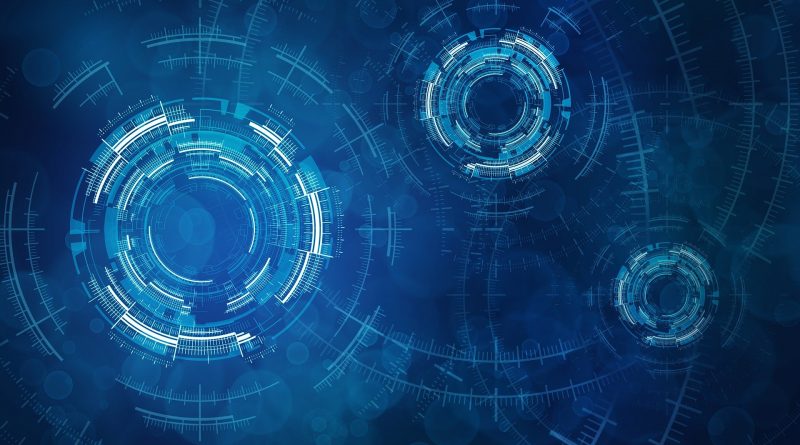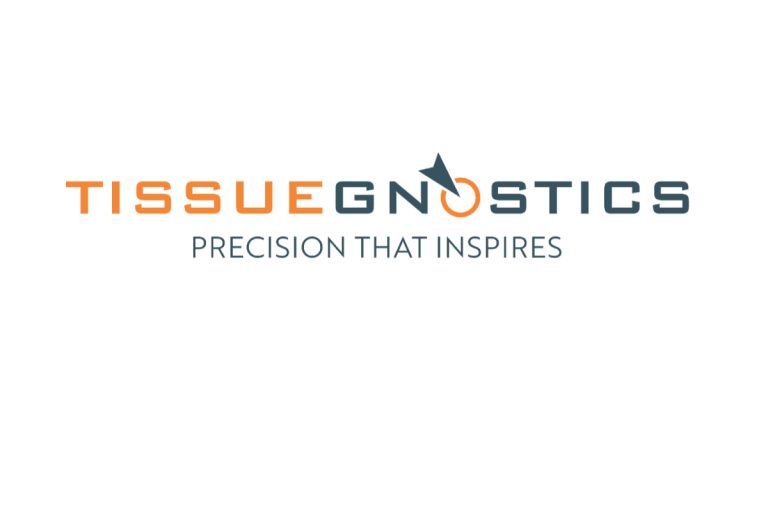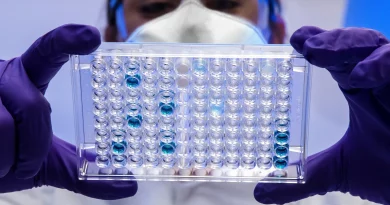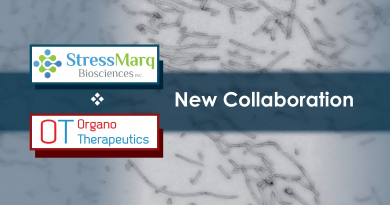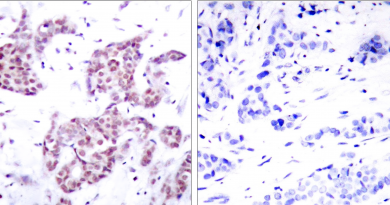Machine Learning Tissue Classifiers Power AI in Clinical Research
Machine learning tissue classifiers are one of the most powerful and promising AI-based clinical research solutions for all types of tissue classification, delivering data-driven insights into the morphology of disease as well as healthy tissues.
Clinical research organisations can reap major benefits from the integration of artificial intelligence (AI) and machine learning (ML) algorithms. At present, these modern breakthrough technologies are still seeing limited use in medical applications, typically being only deployed to complement the abilities of healthcare professionals and surgical specialists.
Most commonly, deep learning software is used to speed up the analysis of visual data such as computed tomographs (CTs) or histopathological images since it allows medical professionals to easily validate algorithmically derived conclusions. Despite that machine learning has the capacity to integrate exceedingly complex data for in-depth diagnoses, their complicated statistical structures might also prove challenging for transparency which making it much harder to meet regulatory criteria.
Machine Learning Tissue Classifiers Power AI in Clinical Research
Machine learning tissue classifiers are amongst the most promising AI-enhanced clinical solutions with feasible short-term applicability. They are powerful tools for all forms of tissue classification, offering data-driven insights into the morphology of both diseased and healthy tissues.
In addition, the most advanced machine learning tissue classifiers are fitted with intelligible algorithms that provide more accurate detection of nuclei in difficult conditions while avoiding convoluted statistical structures at the same time.
It can be hard to ensure regulatory compliance when using diagnostic systems based on Convoluted Neural Networks (CNN) because they have parameters that are tough to define.
Tissue cytometry and image analysis experts TissueGnostics, have engineered a machine learning tissue classifier that can be combined with other algorithms integrated into the 7th generation contextual image analysis software StrataQuest. A key feature of the StrataQuest suit is a simple Deep Neural Network (DNN) developed for precise nuclear segmentation in challenging tissue environments including, extreme cellular density, high variation in nuclei size/texture and weak signal intensities.
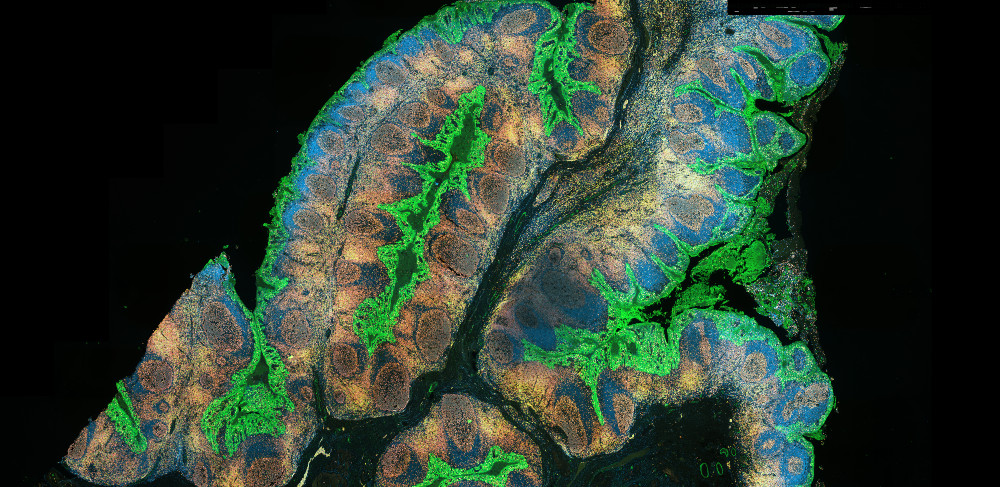
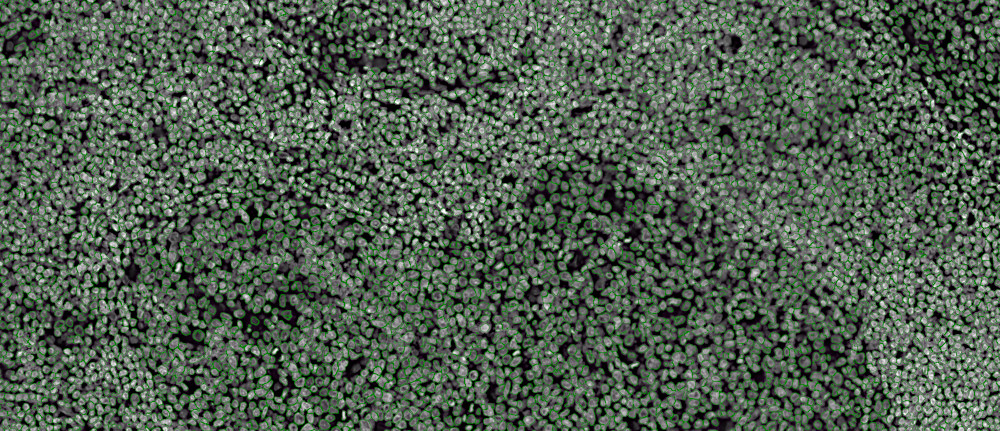
How Do ML Tissue Classifiers Operate?
Machine Learning Tissue Classifiers operate differently depending on the software. TissueGnostics’ machine learning tissue classifiers are equipped with StrataQuest 7 software and operate through highlighting the morphological entities in question via brushstrokes directly on the image. For example, this can be from interstitium, glands, tumor, colon crypts to tubules, and the background.
The tissue classifier requires only a representative number of these brushstrokes to discriminate between one tissue class and another. This allows the tissue classifier to generate binary masks for each morphological tissue entity that is detected. Notably, it does so autonomously, and with a very high degree of accuracy. These classifier masks can be run through additional analysis to gain even richer insights into tissue class-specific properties, from cell count to size.
The advantages of compliant machine learning tissue classifiers are clear in relation to histopathology. Diagnosticians and pathologists can advance from the traditional biopsy analysis by examining diseased tissues much faster and with significantly more depth of insight, surpassing the possibilities available until now.
Machine learning algorithms offer one of the most effective solutions for computer-aided histopathology due to their speed, precision, and relative simplicity.
For more information please contact a member of the TissueGnostics team today by completing the Quick Contact form or email: office@tissuegnostics.com

